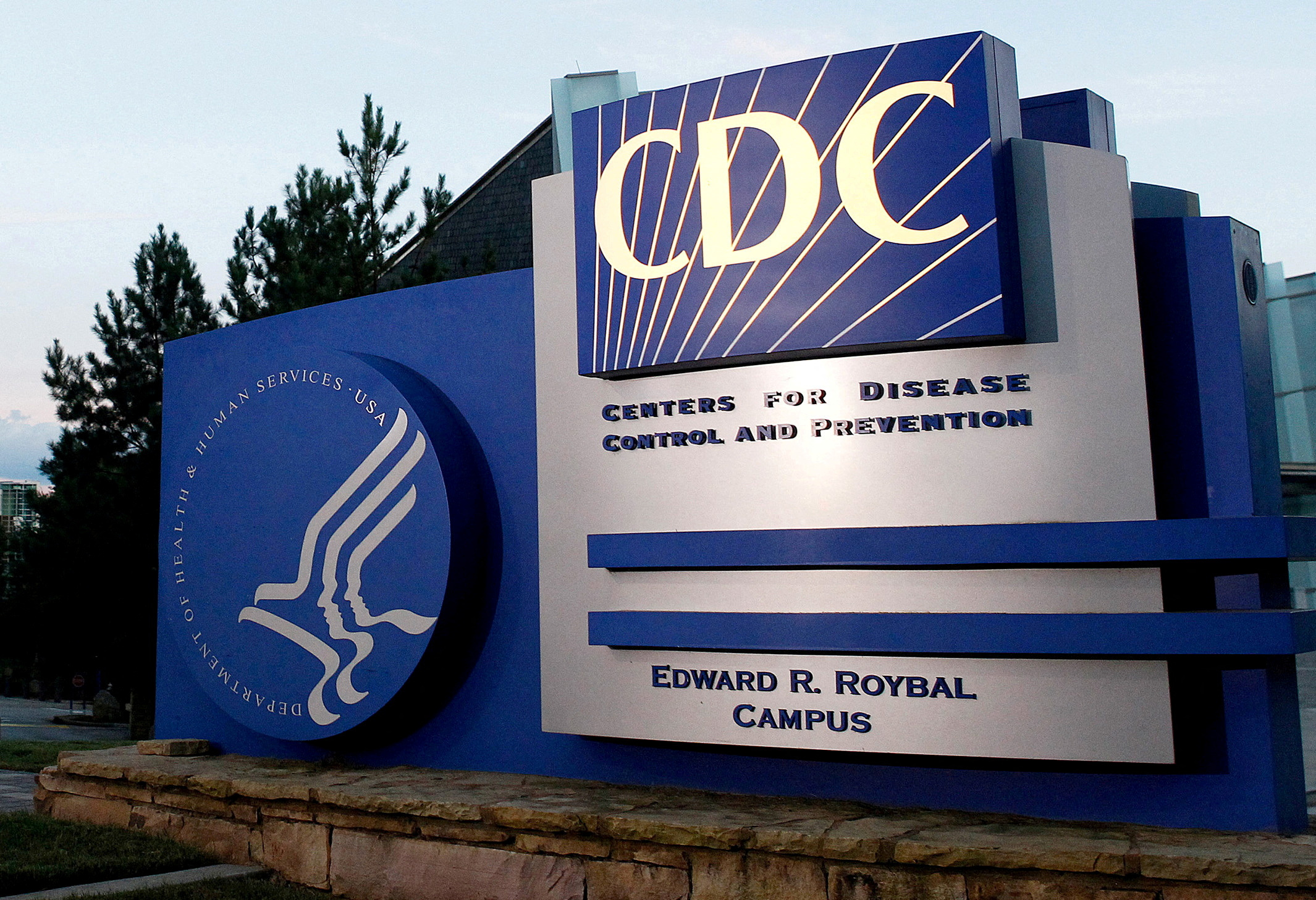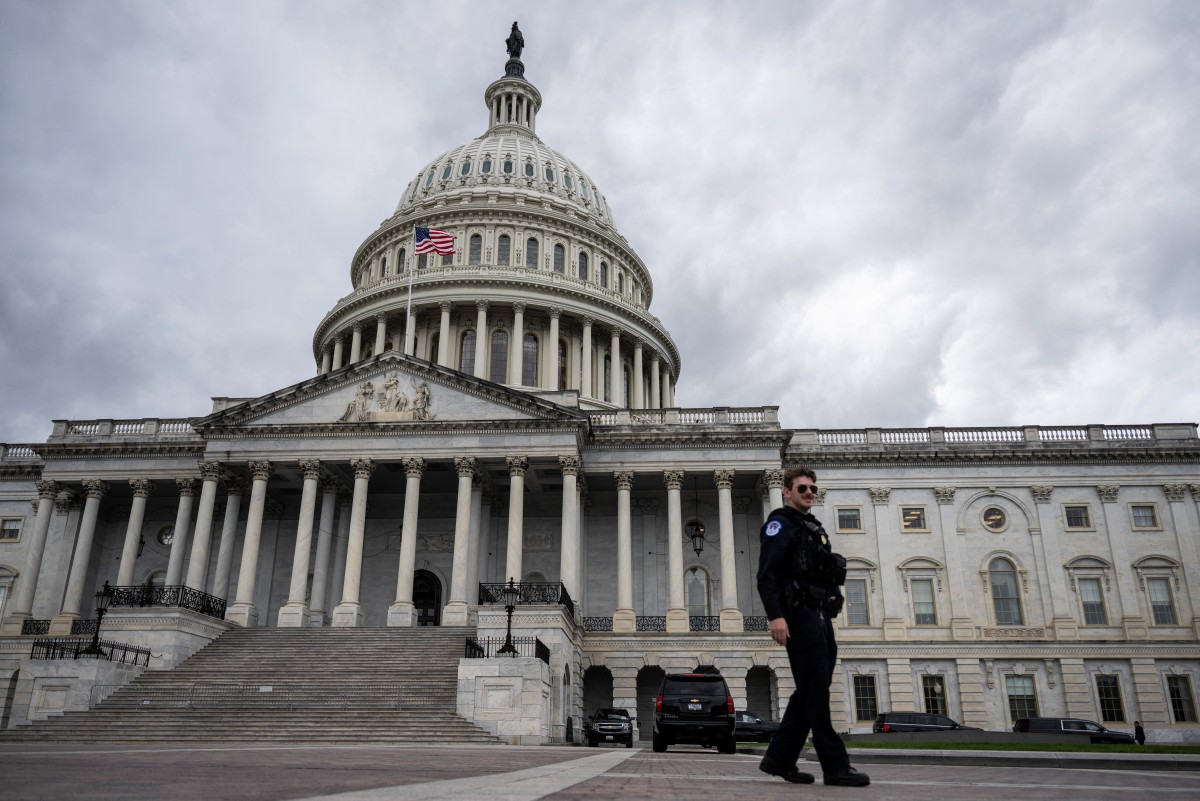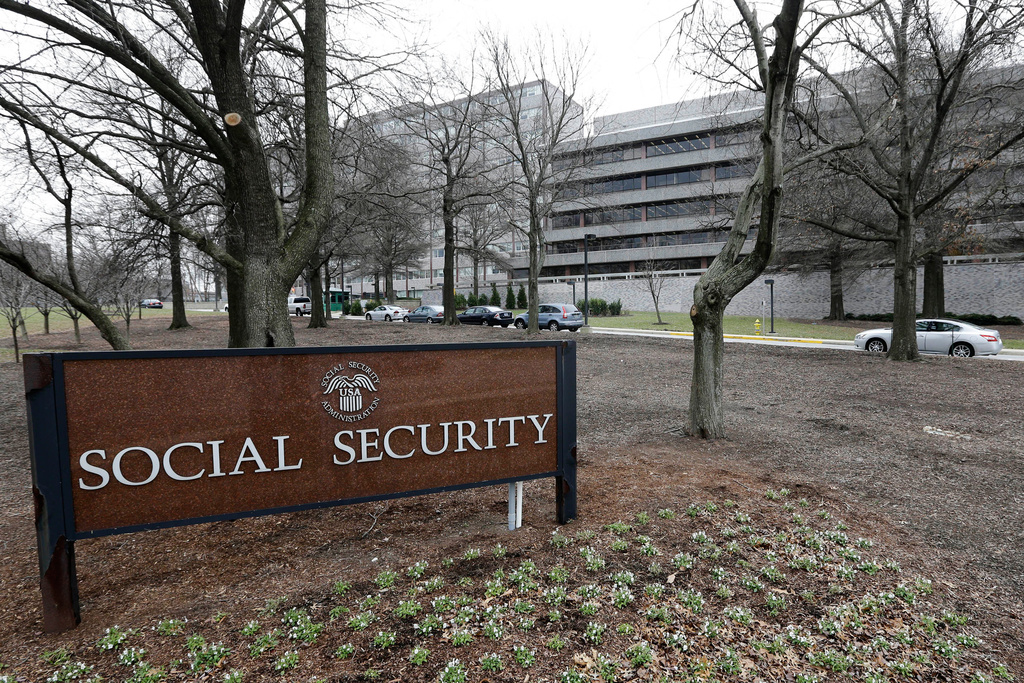US govt shutdown threatens legal status of employment visa holders
.jpg)
Clouds pass over the Capitol Dome. (AFP)
ISLAMABAD: The US federal government shutdown has become the second-longest in its history, entering its 23rd day, with no immediate end in sight. This is jeopardizing the legal status of many individuals, including Pakistanis, in the US workforce who are employed on H-1B, EB-2, or EB-3 visa programs.
One of the hardest-hit areas is immigration services, which have been scaled back due to funding constraints. These services collectively manage visa applications of individuals employed under various employment visa programs in the US and include the Department of Labor, US Citizenship and Immigration Services, and the Department of State.
Mujeeb Ullah Kakar, a 43-year-old Pakistani IT professional, is among those dealing with the repercussions of a prolonged federal shutdown.
A resident of Maryland, Kakar arrived in the US in 2022 from Karachi on an H-1B visa sponsored by a multinational company.
Speaking to Pakistan TV Digital, he said, “I was supposed to apply for a three-year visa extension. My company was ready to submit papers, but [they are] not anymore.”
To continue with his employment, Kakar must obtain a legal document issued by the Department of Labor (DOL), which is currently not operational.
Kakar says he is anxious about the uncertainty of the situation, which was troubling him and his family of five.
“The first thing I do when I wake up is to check the news. [Check] if the shutdown has ended,” he said.
Which immigration services are still working
Certain immigration-related agencies that are still operating include United States Citizenship and Immigration Services (USCIS), which handles adjustment of status cases and other visa services paid by the client, said US-based immigration attorney Waseem Chachar.
He said that the Department of State was also operational.
According to Chachar, Customs and Border Protection (CBP) was indispensable, but the visa sections overseas might be understaffed, leading to longer wait times and delayed interview appointments for new visa issuance.
On the other hand, the Immigration and Customs Enforcement (ICE) department, allegedly carrying out controversial raids against "illegal immigrants," will continue working as before.
Services that are completely shut down
While DOL has suspended all its functions, certain visa categories require approval of a Labor Condition Application before an H-1B visa application is submitted. Kakar is waiting to apply for one.
But the H-1B visa is not the only employment-based visa category that requires a letter from DOL; the EB-2 and EB-3 categories also require a Permanent Labor Certification (PERM) from DOL to proceed.
DOL is also responsible for providing certain documents for H2-A, H2-B visa categories, issued for agriculture workers; CW visas for crewmembers working in longshore positions; U visas, issued to protect victims of crime who have suffered mental and physical abuse, and T visas, reserved for victims of human trafficking who agree to assist law enforcement agencies.
How many Pakistanis are on H1B, EB-2, and EB-3 visas?
According to US government statistics, more than 3,000 Pakistanis hold H-1B visas, issued in 2024.
Pakistan ranks 8th among the countries eligible to avail of this visa.
Most of these professionals are either associated with software development or with project management and networking.
There is little data available on Pakistanis who have been approved for EB-2 and EB-3 visas, which are offered to competent professionals.
How worrisome is the situation for these visa holders?
Kakar is troubled by missing his official deadline to submit extension papers, which can complicate his legal status in the US.
“I mean, these are strange times. So many people are detained. Sometimes for no reason these days. You cannot be sure of your future,” Kakar said while referring to the ICE mass deportation raids.
Attorney Chachar sees a fully functional USCIS as a silver lining.
He admitted that the fear of deportation or failing to meet legal requirements while on US soil was not entirely unfounded, but these are considered "extraordinary circumstances."
He said that people who miss their legal deadlines might have their immigration cases and visa statuses addressed by USCIS later under that clause.
They will have to “explain and convince the department that things were beyond their control” to avoid all legal issues. Although no one can be sure of the outcome due to ongoing federal policy changes, he added.
For individuals like Kakar, appealing to USCIS could be a legitimate option to pursue his visa case further once the shutdown ends.
Kakar said his lawyer told him that, once the shutdown ends, he will receive the required letter from DOL to apply for an extension of his H-1B visa. But to him, “this is the worst time to do this, as immigration laws are stricter than they have ever been.”
Kakar said he was more concerned about his children, all school-age, who he feared were also struggling with the unpredictability surrounding the future of their education.
“I had to find a new school for my eldest daughter; she is completing her middle school. But I am just waiting and thinking that we might have to head back,” he lamented.
Latest News
Nearly 8,000 died or vanished on migrant routes in 2025: UN
27 MINUTES AGO

Russian says 'no deadlines' to end Ukraine war
2 HOURS AGO

Merz says Germany, China must overcome trade gaps 'together'
4 HOURS AGO

Pakistani, European ministers agree on coordinated strategy to combat illegal migration
4 HOURS AGO

UN approves first carbon credits under Paris Agreement
4 HOURS AGO




.jpg)
